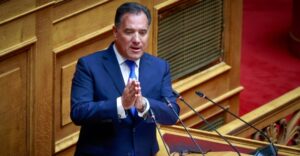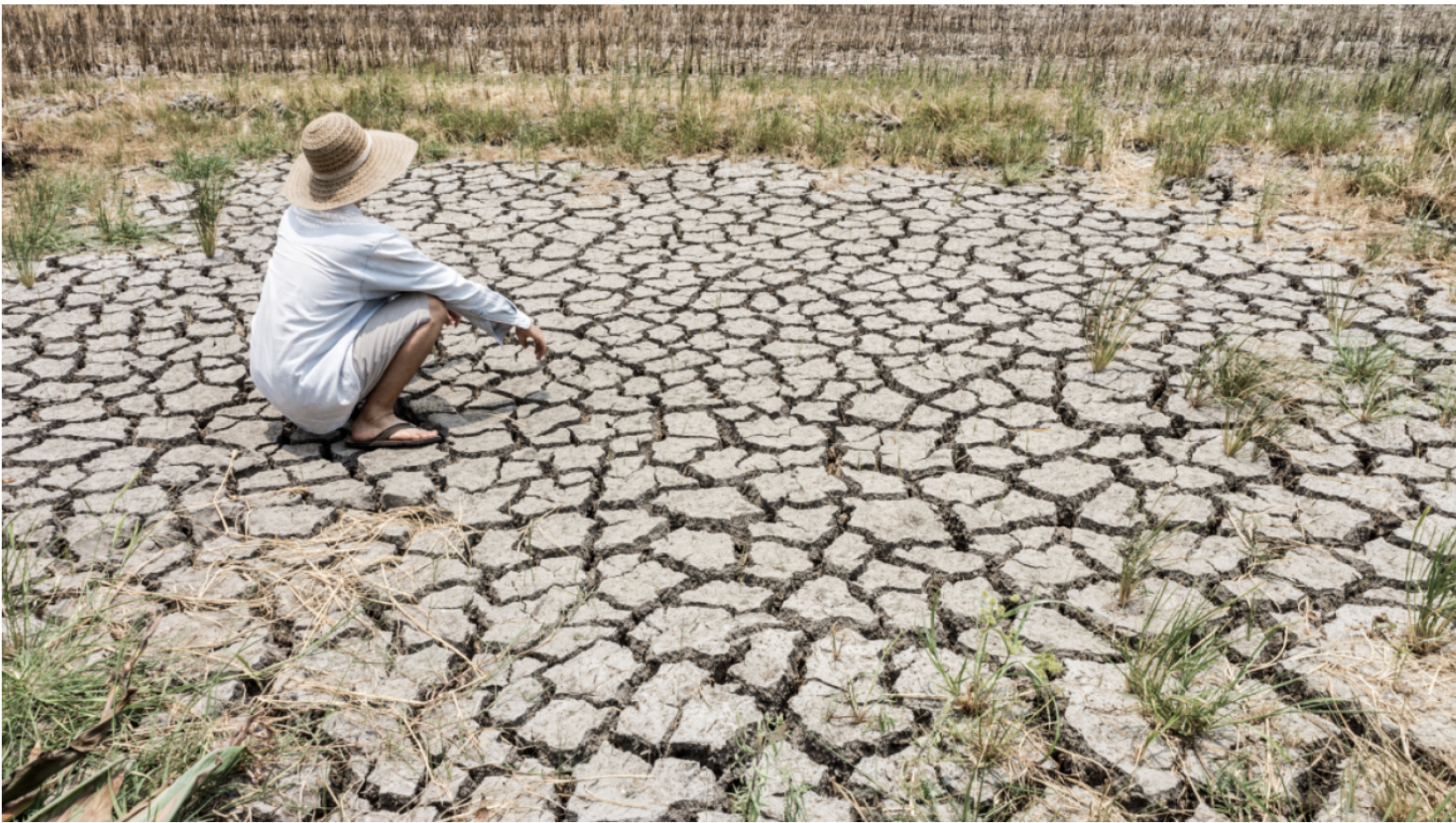Greek Minister of Health, Adonis Georgiadis, sharply criticized PASOK for its decision not to support the amendment for 37,000 free afternoon surgeries, accusing the party of returning to “extreme populism” under the leadership of Nikos Androulakis.
Georgiadis remarked that PASOK’s choice to vote “present” on the issue was “twofold” in its impact. Personally, he said, it “gives me the pleasure of seeing them reject a reform that was conceived, legislated, and implemented during my tenure.” He emphasized that PASOK, under Androulakis, has become the “green SYRIZA” and is revisiting the era of extreme populism.
The Minister explained how the system for the free surgeries, starting November 28, would work, addressing opposition claims regarding patient selection. He clarified that the surgeries would proceed in order of waiting lists, with clinics contacting patients in batches of 20, starting with the oldest requests, ensuring there is no personal selection by doctors. “From the oldest to the most recent, from those waiting the longest to those waiting less,” Georgiadis explained.
He also mentioned that the European Commission sees this reform as structural, further strengthening the legitimacy of the initiative.
Georgiadis then commented on PASOK’s position regarding the inclusion of healthcare personnel in hazardous professions, which could lead to early retirements. Despite the Prime Minister’s explanation that accepting the proposal would lead to the premature retirement of 7,500 doctors at a time when more hires were needed, PASOK’s leaders, including Androulakis and Manzos, dismissed the concerns. This morning, PASOK’s political planning secretary, Mrs. Diamantopoulou, clarified that the number of affected doctors would be 2,000, further highlighting the party’s internal contradictions. Georgiadis concluded that PASOK under Androulakis is a party unable to take responsibility and whose members cannot even agree amongst themselves, making it unfit for governance.
On the topic of addressing staffing shortages in remote hospital areas, Georgiadis provided an update on recent reforms offering additional incentives for doctors. New criteria were introduced for filling vacancies in underserved regions, with 297 positions announced. As of the latest figures, 201 applications have been received, covering about 70% of the vacancies. Some areas, such as Kos, still remain problematic, and further solutions will be considered to fill the remaining 92 positions.
In critical areas like Drama, Xanthi, Serres, Sparta, and Arta, progress has been made, although challenges remain in filling posts for pathologists, particularly in Drama, Kos, and Corfu. Georgiadis concluded that PASOK’s stance of voting “present” on these essential issues and rejecting practical solutions reveals their lack of commitment to the country’s real needs. “Politics is an applied art,” he said.
Ask me anything
Explore related questions





